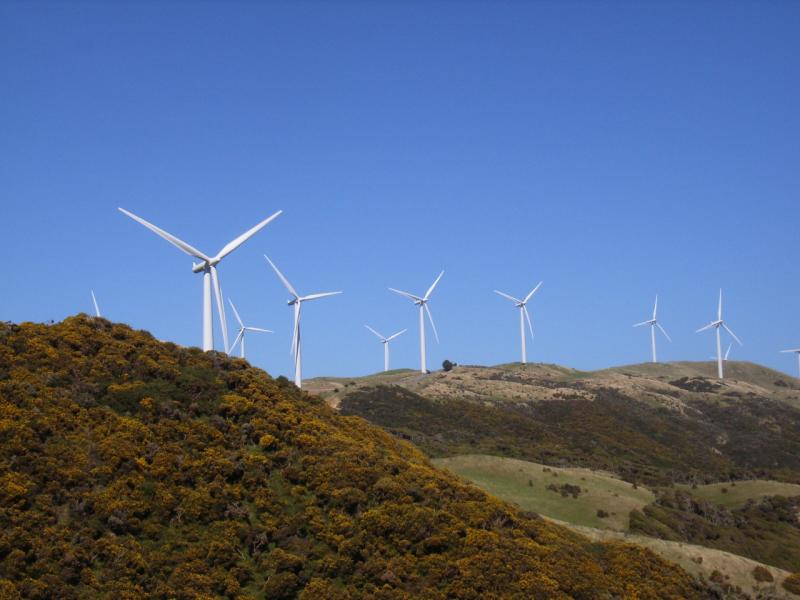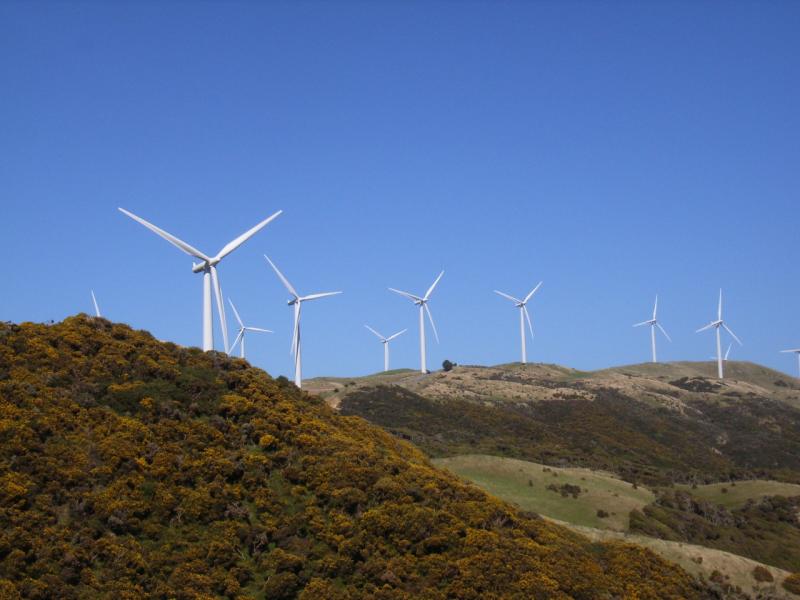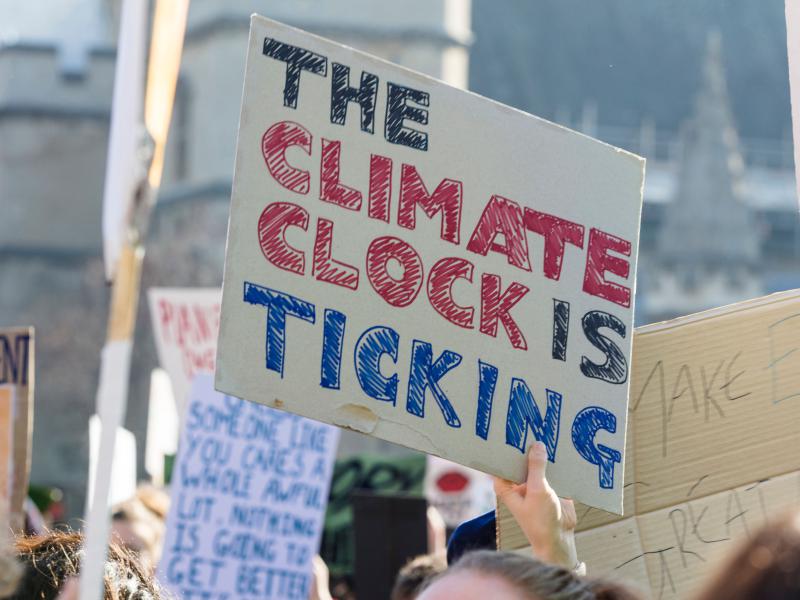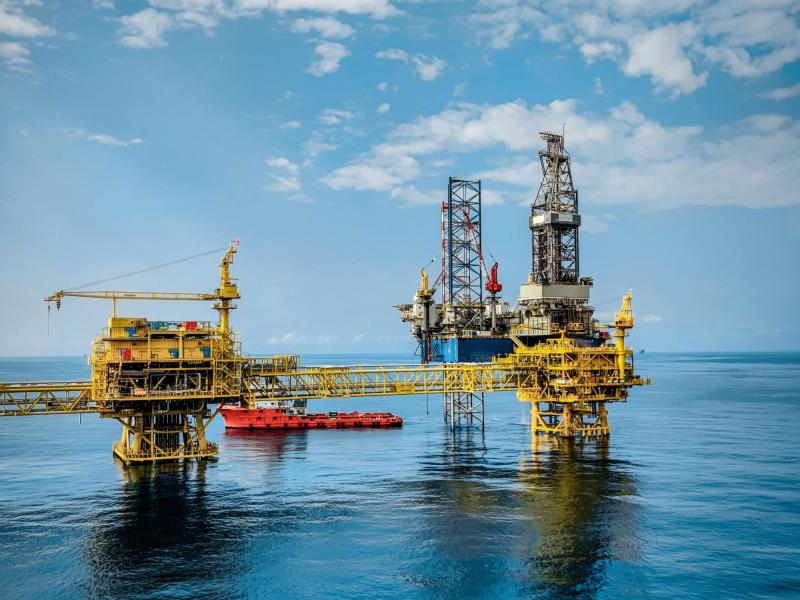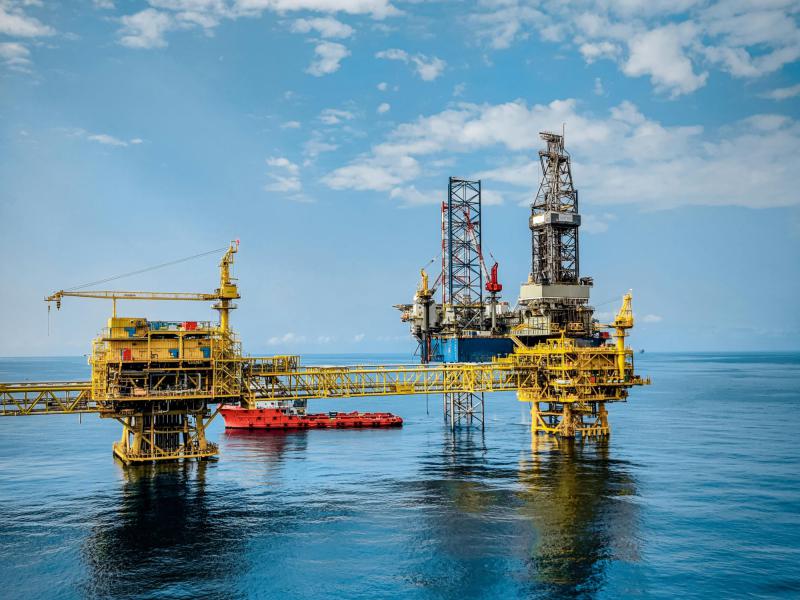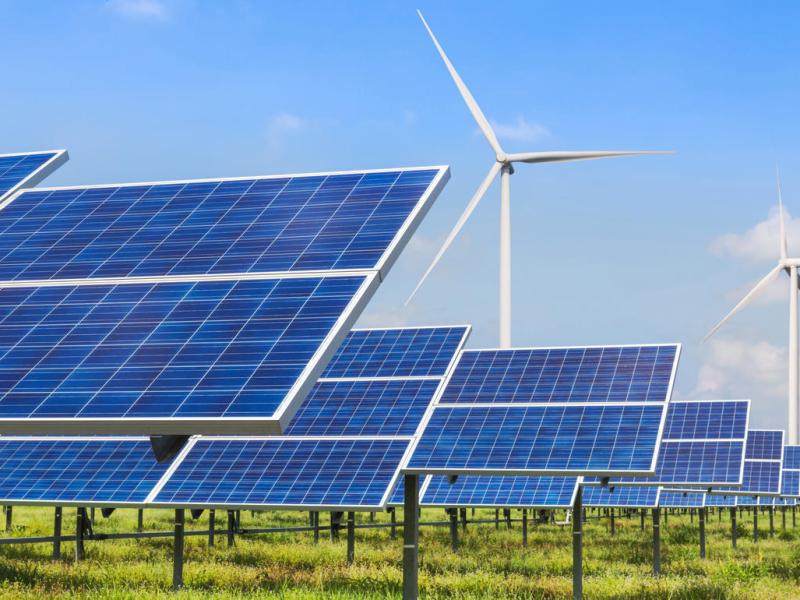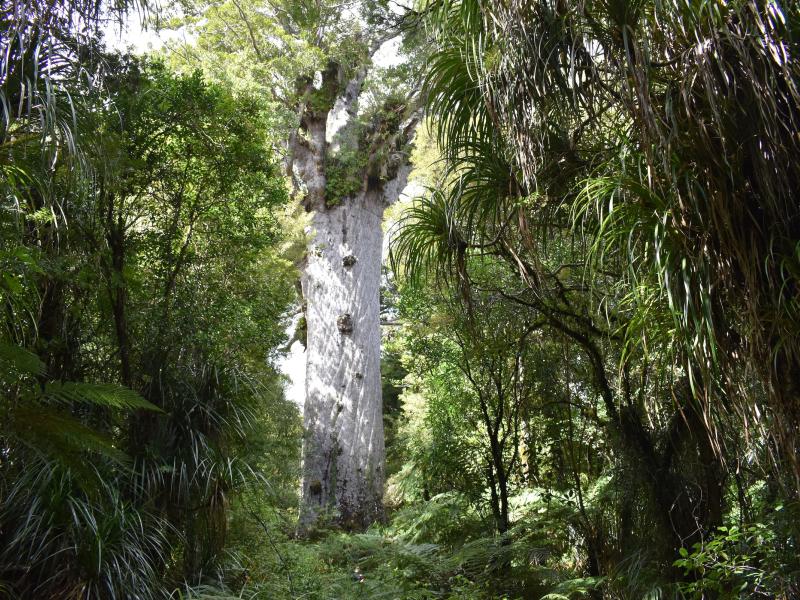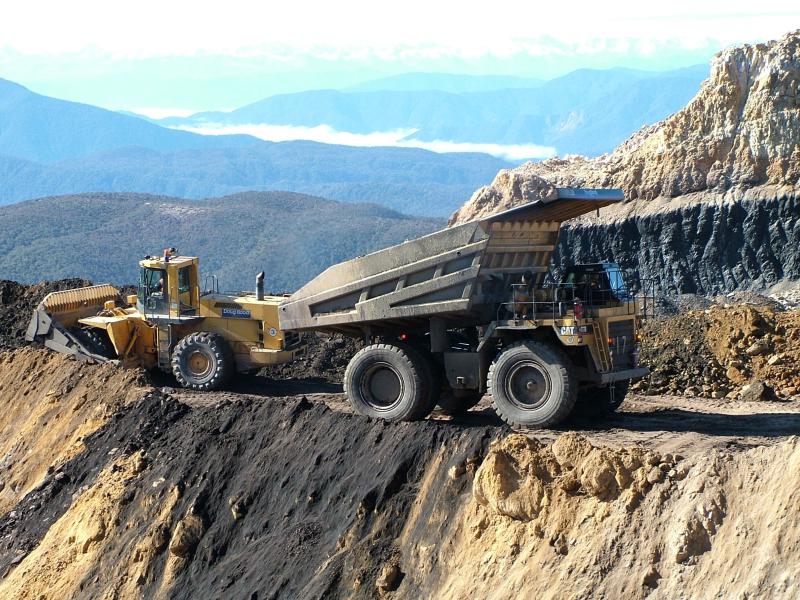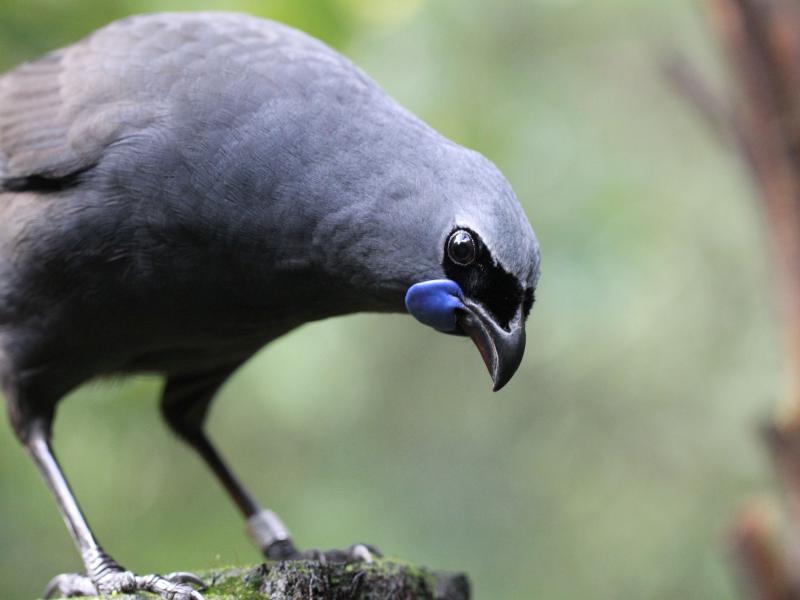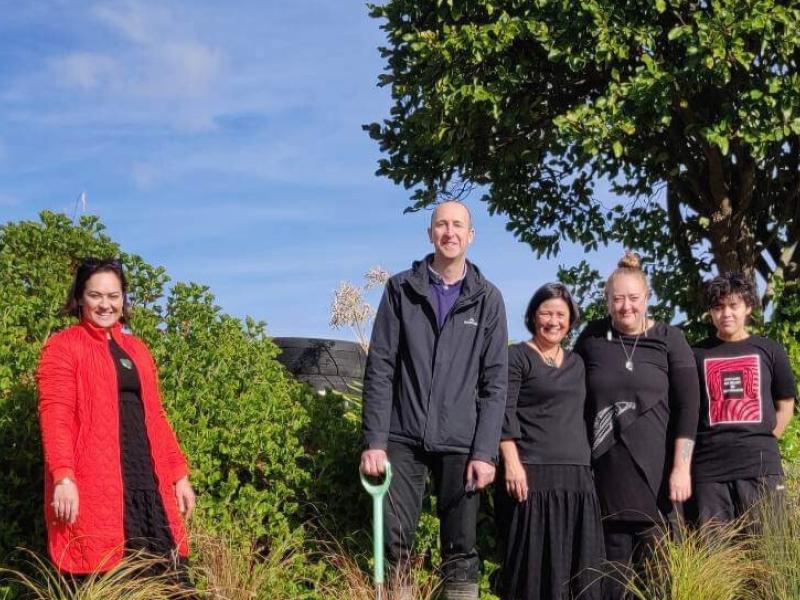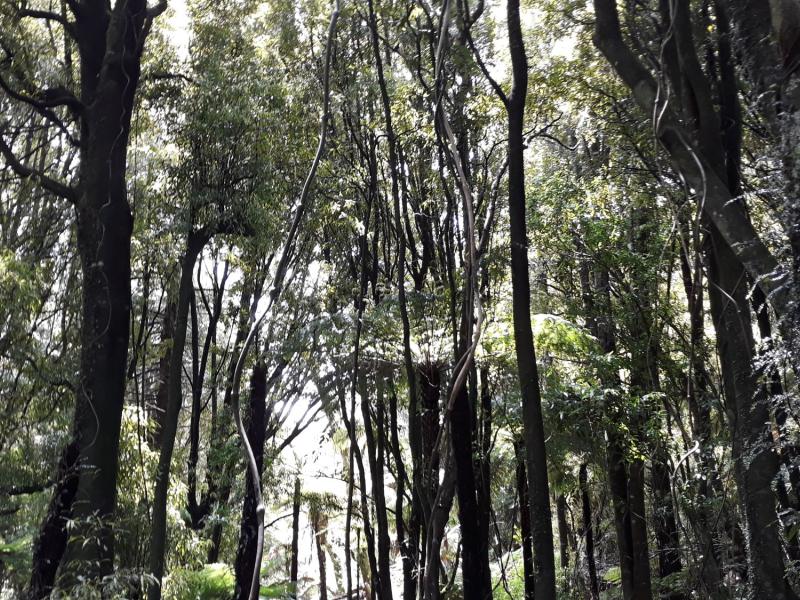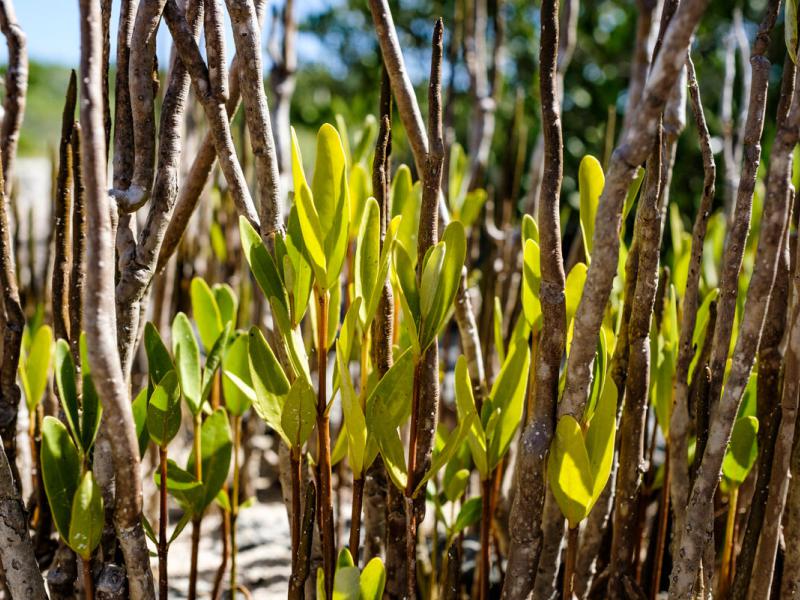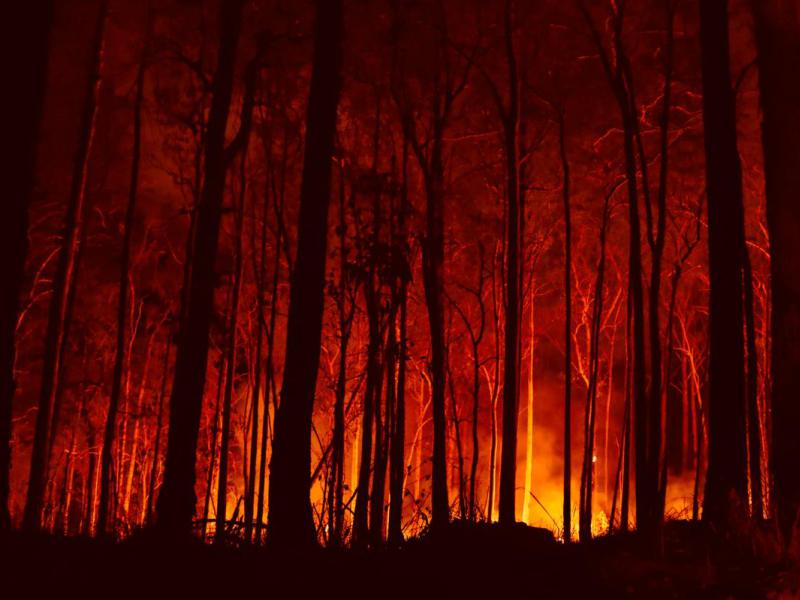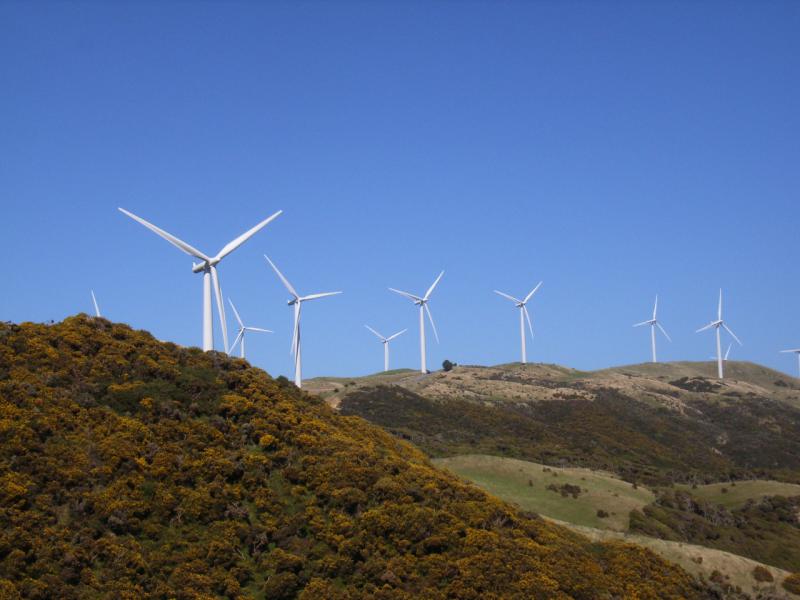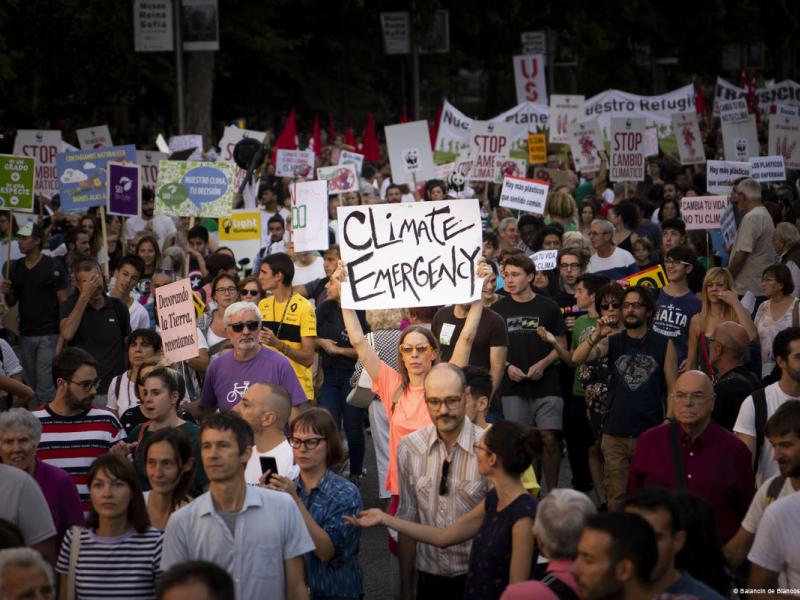Nature is a secret ally, that has untapped potential to help address the climate crisis.
Earth’s natural systems play a central role in regulating the climate – and in protecting us from the worst consequences of our actions. The world’s oceans, plants, animals, and soils have absorbed 54% of man-made greenhouse gas emissions of the past 10 years.
But nature has limits for both mitigation and adaptation, and unless we safeguard and restore nature, we run the risk of losing it as an ally, and with that the goal of limiting warming to 1.5°C.
Conserving and recovering nature is not just a tool for carbon dioxide removal. When we protect and restore ecosystems, we do more than boost their carbon storage potential. We also enhance biodiversity and bring back the full suite of ecosystem services nature provides.
And it’s not just about wilderness habitats. Cities and urban areas, where over two-thirds of the global population are projected to live by 2050, are hotspots of climate risk and opportunity.
Cities and urban areas hold untapped potential for people and nature to work together and mitigate climate change. Global urban trees store approximately 7.4 billion tonnes of carbon and sequester approximately an additional 217 million tonnes of carbon annually (nearly 800 million tonnes of carbon dioxide).
